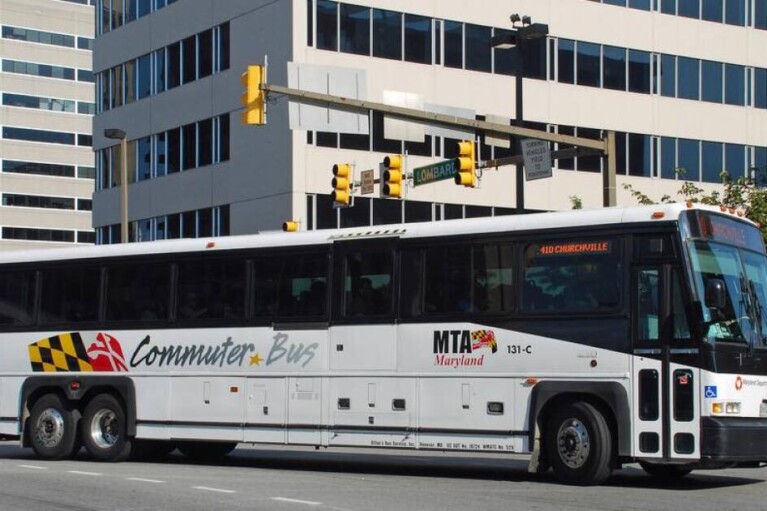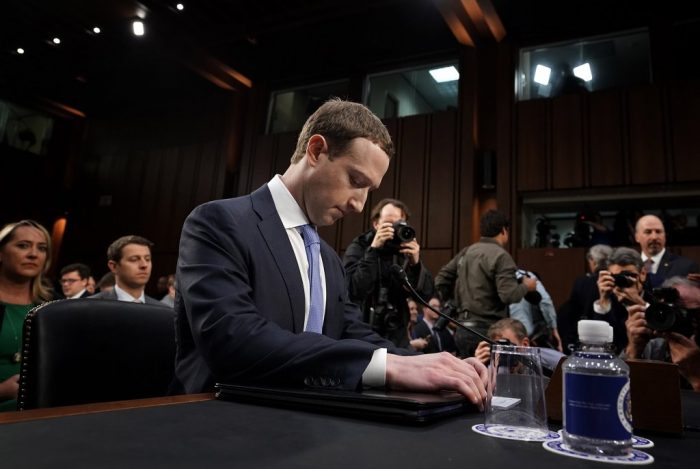Opinion: With new policy, PSC is ordering a disaster

By Laura Sydnor
The writer is founder and owner of Snapper’s Waterfront Café in Cambridge.
Imagine, if you will, the following scenario:
You’ve had a long, frustrating day at work. Your kid’s lacrosse practice ran long, and traffic is at a standstill because of…who knows!
All of which means you have neither the time nor inclination to cook tonight. You just want to call your friendly corner pizzeria and pick up a large pepperoni and a side of wings.
When you call in and place your order, however, you are told that before you can pick up your food and take it home, you must sign a legally binding contract that confirms your acknowledgment of the terms and conditions of the transaction.
For a pizza. That YOU called and ordered.
Sounds too bizarre to be true, right? Even for Maryland, which seems to pride itself at times for its silly laws and regulations that make the easy things so difficult?
Think again. The scenario I just described is on the verge of becoming the law of the land.
At the heart of all this is an important consumer protection law named the Maryland Telephone Solicitations Act. It was adopted years ago to protect Marylanders from being defrauded by predatory telemarketers, who prey largely upon senior citizens and low-to-moderate income consumers. The law, as clearly written and enforced for years, states that that all telephone-based sales must be accompanied by a signed contract when the call is initiated by the seller to the buyer.
This makes sense. It safeguards the consumer from the smooth, fast-talking huckster on the line who serving up that term life insurance deal, or that home security system package, that sounds almost too good to be true. It provides the buyer with one final opportunity to read the fine print before entering into a costly financial obligation.
Enter the Public Service Commission, which regulates our state’s public utilities and retail energy providers. In a case involving an electricity retailer, the PSC unilaterally determined that this law applies in both directions – even when the customer initiated the call.
This radical interpretation of longstanding law would affect not only the energy sector, but every merchant that conducts business over the telephone in the State of Maryland.
The corner pizza parlor. The pharmacy. The auto parts and bicycle repair shops. The independent bookstore. Each of these would now have to invest the time, cost and personnel necessary to execute a signed contract – even in situations when the customer knew the product they wanted and knew exactly where and when to order it.
In a recent court brief, the Maryland Chamber of Commerce and the Maryland Retailers Association foresaw the consequences of such an illogical abuse of law:
“…driving up business expenses, making it more difficult to transact business in Maryland, and creating negative and frustrating customer experiences. It also creates grave uncertainty by calling into question every telephone transaction throughout the years that began with the customer calling the merchant.”
As a local restaurant owner who will celebrate 30 years in business next summer, I can say with absolute certainty that this would have an immediate and devastating effect on my business.
During our three decades on the Cambridge Waterfront, we have fought tooth and nail to survive the 2008 financial crisis, a constant stream of tax hikes, the COVID pandemic, severe worker shortages and disruptions in the national supply chain. Must we also have to contend with the latest harebrained legal theories of an agency that has absolutely nothing to do with my industry in the first place?
There are days when I literally believe it is the goal of certain policymakers to drive every last local business out of our state, taking with them the jobs, business-to-business investment, tax revenue and charitable activity for which they are responsible.
Enough is enough. If this bizarre reading of the Maryland Telephone Solicitations Act becomes the new, accepted law of the land, it will be incumbent upon Governor Moore and the Maryland General Assembly to pass a new, better law that honors its original intent.
Our consumers must be protected from harm. So, too, must our local and independent businesses. These are complementary goals, and our elected leaders may soon have the opportunity to accomplish both by fixing the mess the PSC has created.



